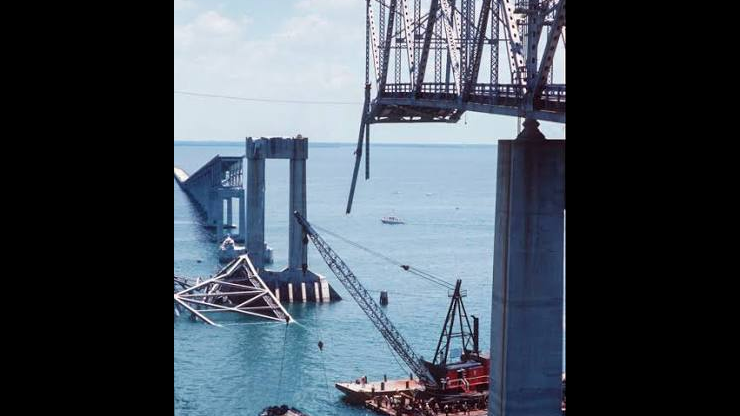
On this day July 6, 1988, an explosion on the Piper Alpha drilling platform in the North Sea claimed the lives of 167 oil workers in what remains the world's deadliest offshore oil disaster. Operated by Occidental Petroleum, the rig was located about 120 miles northeast of Aberdeen, Scotland, and had once been one of the most productive platforms in the region.
The disaster began with a gas leak that triggered a massive explosion and fire. A series of safety system failures, including a lack of coordinated emergency shutdowns and communication breakdowns, led to the rapid spread of the fire and catastrophic structural collapse. Many crew members were trapped with no escape as helicopters and rescue teams struggled to respond in time.
The incident led to sweeping changes in offshore oil safety regulations and became a grim turning point in the global energy industry’s approach to disaster prevention and worker protection.
80s insight: The Piper Alpha disaster was a sobering reminder that even in an age of rapid industrial advancement, safety and human life must always come first.
The disaster began with a gas leak that triggered a massive explosion and fire. A series of safety system failures, including a lack of coordinated emergency shutdowns and communication breakdowns, led to the rapid spread of the fire and catastrophic structural collapse. Many crew members were trapped with no escape as helicopters and rescue teams struggled to respond in time.
The incident led to sweeping changes in offshore oil safety regulations and became a grim turning point in the global energy industry’s approach to disaster prevention and worker protection.
80s insight: The Piper Alpha disaster was a sobering reminder that even in an age of rapid industrial advancement, safety and human life must always come first.
















